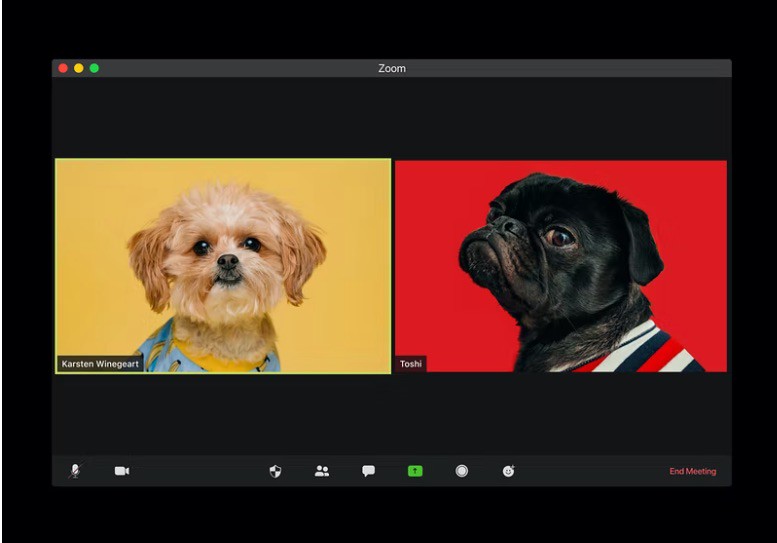Can my teacher require me to keep my camera and/or microphone on during a live online class?
A student’s privacy rights are protected to the fullest extent when they are in their own home, but when that same student enters onto school grounds, they give up some of their privacy. For more information on privacy rights at school, check out our Q&A on school searches here.
This situation is very interesting because the students are physically in their own home, but the online classes are actually considered “on-campus.” What’s important to note in this situation is that the public school (which is technically part of the government) is entering the student’s home when the student has their camera or microphone on.
- Student has siblings or other relatives in the house who keep walking in the background
- Student has siblings or other relatives in the house who are making too much noise
- Student doesn’t want other people to see what her bedroom or another room in her house looks like
- Student and/or family members wear hijabs and don’t want to wear their hijab in their own home if the camera is on
- Student has a dog that continues to bark
- There is outside noise, such as construction, that can be distracting to others
If the student willingly chooses to turn on their camera or microphone, then there is no issue. But if the student is being required, then one big question needs to be asked:
Is it reasonable for the school to “enter” the student’s home by requiring the student to turn on their camera or microphone?
Because the school is “entering” the student’s home for educational reasons, the school must have a legitimate source of school authority to do so. The following are some reasons why the school may be able to exert its authority during online classes:
1. To protect students from public dangers
However, students attending virtual classes from their home are in no immediate physical danger, so there are less security concerns for the school to worry about. Therefore, wanting to protect students from public dangers is not a good justification to require that cameras and microphones stay on while classes are conducted online.
2. To develop a quality education and learning environment
Requiring students to have their cameras or microphones on establishes discipline and maintains order. Without discipline and order, teachers would not be able to properly educate. Instead, discipline and order facilitate a productive learning environment for students, especially in a time where the typical in-person learning environment has been disturbed.
3. To maintain health and safety
The school is responsible for the students it has in its temporary custody. Requiring students to turn on their cameras or microphone is an attempt to replicate the actual presence of the students in the classroom. This would allow a teacher, who is required to report unsafe living conditions/safety concerns, to have at least an idea of the well-being of his or her students.
Just because they can, doesn’t mean they should
Although it may be reasonable for a school to require students to have their cameras or microphones on, the requirement can be highly intrusive and interfere with other rights, such as privacy rights or even religious rights. A school should consider alternative ways to interact with students and check on their well-being. The following have been some suggestions:
- Require students turn on their cameras or microphones only for small group activities or individual conferences between teacher and student
- Schedule students for designated days or class periods, for which they will be “on call,” so they have an advanced notice that their cameras and microphones must be on.
If you have a concern as a student, you should talk to your teacher! Maybe you can work something out with the teacher so you can be comfortable and maintain your privacy while still actively engaging in the virtual classroom.
Have questions about free speech rights?
Send your questions our way, and we'll have our team find you an answer. Keep in mind, we’re not actually your lawyers and aren’t representing you. We can definitely help clear some things up and give you some info, but if you need actual legal help for your situation, you should find a lawyer in your area. And don't worry, any information we collect is only for our own research, and we won’t share it or sell it to anyone.




